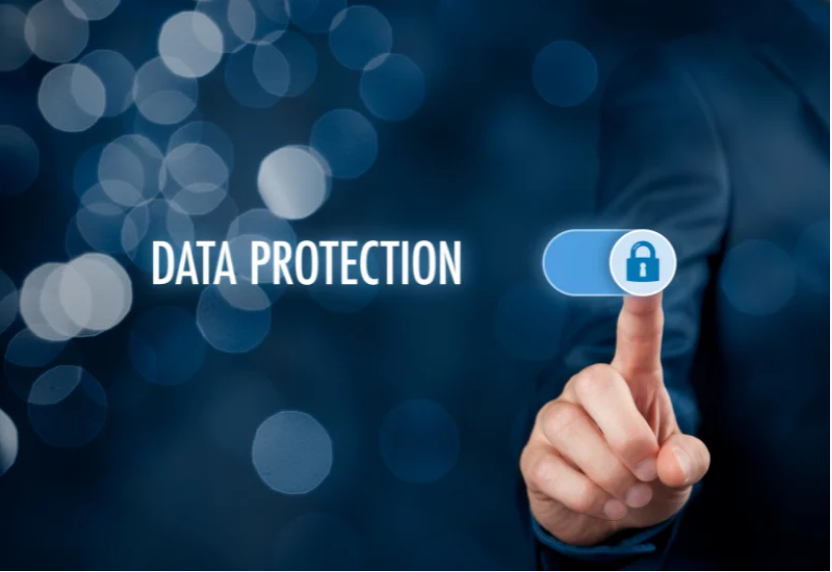Trethowans’ data protection team is working on a series of data protection Q&A articles which will cover the main concepts of data protection law and issues of interest to businesses. Here you will find the articles published so far.
Our data protection specialists
Louise Thompson has many years of experience in supporting clients from a wide range of industries in relation to their commercial and technology contracts and also advises on data protection law with particular focus on the data protection aspects of commercial agreements.
Sarah Wheadon is a regulatory solicitor and experienced advocate who helps clients navigate the regulatory law that impacts on business life including data protection, health and safety, trading standards and environmental law compliance.
Data Protection Guide for Organisations
What is data protection law, why do we have it and why do we have to comply with it? Read more
What is personal data? Read more
Data Protection – News Alert Read more
What is special category / sensitive personal data? Read more
Data Protection Quarterly News Roundup (October to December 2022) Read more
What is criminal offence personal data? Read more
What does “processing” of personal data mean? Read more
Does my organisation need a Data Protection Officer (DPO)? Read more
Data Protection Quarterly News Roundup (January to March 2023) Read more
Does my organisation need to register with the ICO? Read more
Data Protection – News Alert – AI and Chat GPT Read more
Is my organisation a controller or a processor under data protection law and why is it important to know? Read more
Meta’s EU – US personal data transfers deemed unlawful Read here
What does it mean if my organisation is a joint controller of personal data with another organisation? Read more
Data protection Quarterly News Roundup (April to June 2023) Read more
GDPR turns 5: should you be reviewing your data protection documents and policies? Read more
Jargon explained: What do encryption, anonymisation and pseudonymisation mean in data protection law? Read more
For what purposes can my organisation collect, use and process personal data? Read more
On what basis can my organisation process personal data about an employee’s criminal convictions? Read more
Data Protection Quarterly News Roundup (July to September 2023) Read more
On what basis can my organisation process special category personal data? Read more
Are there any additional considerations if my organisation is processing personal data about children? Read more
When does my organisation need to do a data protection impact assessment (DPIA)? Read more
Data Protection – When does my organisation need to do a legitimate interests assessment (LIA)? Read more
Data Protection – What is a privacy notice, why does my organisation need one and what information do we need to include? Read more
Data Protection Quarterly News Roundup (October to December 2023) Read more
Data Protection – Our organisation has a privacy notice which was produced when the GDPR came into force in 2018. Do we need to update it? Read more
Data Protection – My organisation has a customer privacy notice, but should we have other notices as well? Read more
Data Protection – What data protection considerations do I need to be aware of for my organisation’s website? Read more
















